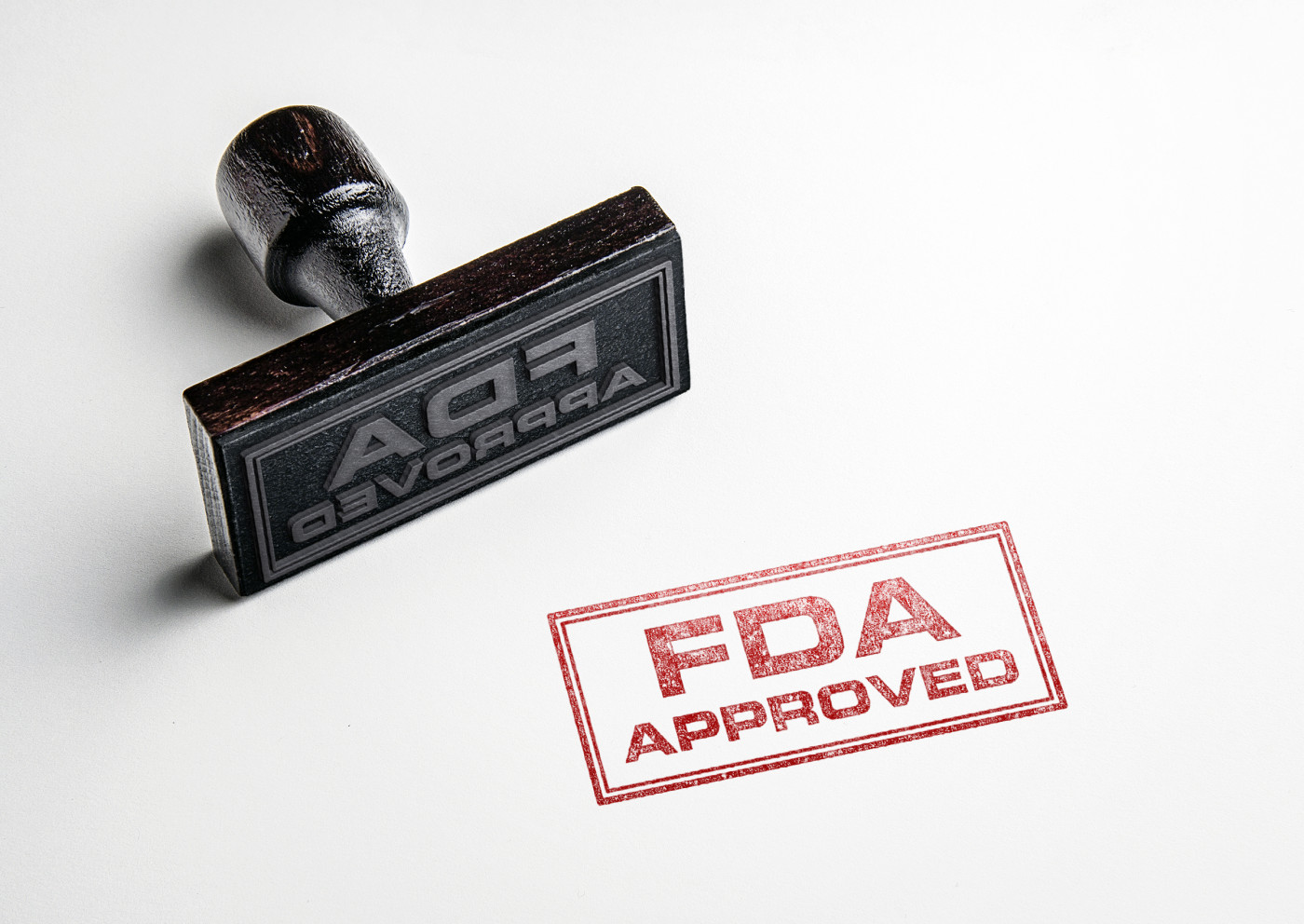Kyprolis Label to Include Positive Data of Aspire Trial in Advanced Multiple Myeloma Patients
Written by |

Prescribing information for Kyprolis (carfilzomib) in the U.S. will now include positive survival data from the ASPIRE Phase 3 clinical trial, which found treatment significantly lowered a risk of death for patients with relapsed or refractory multiple myeloma, and extended overall survival by a median of 7.9 months.
The extended label was made on a request Amgen, which markets the treatment, and approved by the U.S. Food and Drug Administration (FDA) .
ASPIRE (NCT01080391) evaluated Kyprolis in combination with Revlimid (lenalidomide) and dexamethasone, versus Revlimid and dexamethasone alone, in myeloma patients who failed to respond to at least one prior therapy regimen.
Patients given the Kyprolis combination lived for a median of 48.3 months after starting treatment, compared to a median of 40.4 months in control patients — a significant reduction in the risk of death by 21 percent.
“Amgen is focused on advancing treatment options that have the potential to transform outcomes for patients,” David M. Reese, MD, senior vice president of Translational Sciences and Oncology at Amgen, said in a press release. “The ASPIRE trial showed significant improvement in survival in patients with relapsed or refractory multiple myeloma who received Kyprolis as part of a triplet regimen.
“With this approval, the U.S. Prescribing Information for Kyprolis now includes positive overall survival data from two Phase 3 trials, underscoring the important role of proteasome inhibition in the treatment of multiple myeloma.”
Full results from this study were published in the The New England Journal of Medicine in 2015.
The study’s primary goal was progression-free survival, defined as the time from treatment initiation to disease progression or death. Secondary endpoints included overall survival, overall response rate, duration of response, disease control rate, and health-related quality of life and safety measures.
A total of 792 patients were randomized to treatment. Half received escalating doses of Kyprolis — from 20 to 27 mg/m2—– in addition to a standard dosing of Revlimid and low-dose dexamethasone in four-week cycles. The other half received Revlimid and low-dose dexamethasone alone.
Patients on Kyprolis lived significantly longer without their disease worsening, compared to those in the control arm – 26.3 months vs. 17.6 months. Overall response was also better, with 87.1 percent of patients on Kyprolis achieving disease reduction, compared to 66.7 percent in the control arm.
Kyprolis is approved in the United States, alone and in combination with Velcade (bortezomib) and dexamethasone or dexamethasone only, as a twice-weekly treatment for myeloma patients who failed prior treatment regimens.
Preliminary results from the Phase 3 ARROW trial (NCT02412878), announced in October 2017, found that patients treated with the once-weekly Kyprolis regimen lived significantly longer without disease progression than those receiving the twice-weekly regimen (11.2 months vs. 7.6 months), representing a 31 percent difference.
The ARROW trial is expected to finish in December 2019, with final data collection in June 2019.



